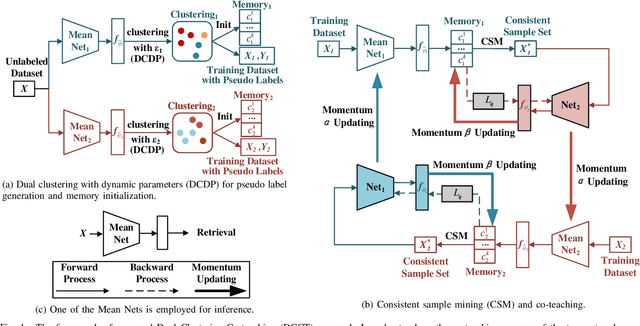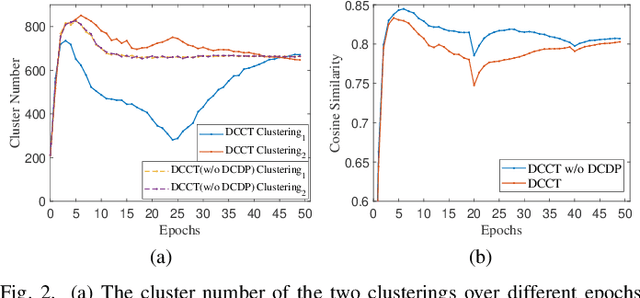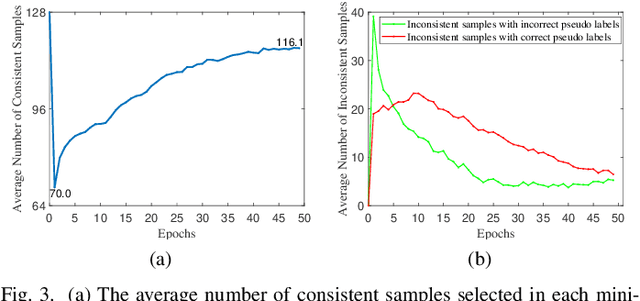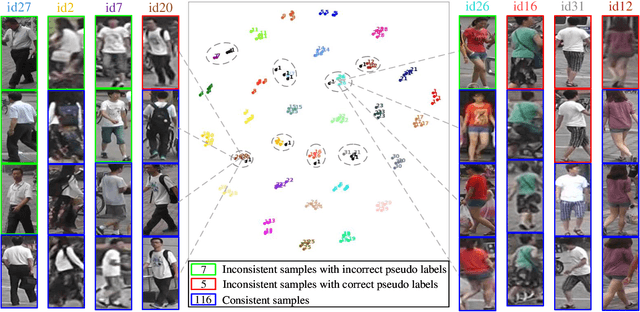Zhichao Cui
Autonomous and Adaptive Role Selection for Multi-robot Collaborative Area Search Based on Deep Reinforcement Learning
Dec 04, 2023Abstract:In the tasks of multi-robot collaborative area search, we propose the unified approach for simultaneous mapping for sensing more targets (exploration) while searching and locating the targets (coverage). Specifically, we implement a hierarchical multi-agent reinforcement learning algorithm to decouple task planning from task execution. The role concept is integrated into the upper-level task planning for role selection, which enables robots to learn the role based on the state status from the upper-view. Besides, an intelligent role switching mechanism enables the role selection module to function between two timesteps, promoting both exploration and coverage interchangeably. Then the primitive policy learns how to plan based on their assigned roles and local observation for sub-task execution. The well-designed experiments show the scalability and generalization of our method compared with state-of-the-art approaches in the scenes with varying complexity and number of robots.
Artificial Intelligence Security Competition (AISC)
Dec 07, 2022



Abstract:The security of artificial intelligence (AI) is an important research area towards safe, reliable, and trustworthy AI systems. To accelerate the research on AI security, the Artificial Intelligence Security Competition (AISC) was organized by the Zhongguancun Laboratory, China Industrial Control Systems Cyber Emergency Response Team, Institute for Artificial Intelligence, Tsinghua University, and RealAI as part of the Zhongguancun International Frontier Technology Innovation Competition (https://www.zgc-aisc.com/en). The competition consists of three tracks, including Deepfake Security Competition, Autonomous Driving Security Competition, and Face Recognition Security Competition. This report will introduce the competition rules of these three tracks and the solutions of top-ranking teams in each track.
Dual Clustering Co-teaching with Consistent Sample Mining for Unsupervised Person Re-Identification
Oct 07, 2022



Abstract:In unsupervised person Re-ID, peer-teaching strategy leveraging two networks to facilitate training has been proven to be an effective method to deal with the pseudo label noise. However, training two networks with a set of noisy pseudo labels reduces the complementarity of the two networks and results in label noise accumulation. To handle this issue, this paper proposes a novel Dual Clustering Co-teaching (DCCT) approach. DCCT mainly exploits the features extracted by two networks to generate two sets of pseudo labels separately by clustering with different parameters. Each network is trained with the pseudo labels generated by its peer network, which can increase the complementarity of the two networks to reduce the impact of noises. Furthermore, we propose dual clustering with dynamic parameters (DCDP) to make the network adaptive and robust to dynamically changing clustering parameters. Moreover, Consistent Sample Mining (CSM) is proposed to find the samples with unchanged pseudo labels during training for potential noisy sample removal. Extensive experiments demonstrate the effectiveness of the proposed method, which outperforms the state-of-the-art unsupervised person Re-ID methods by a considerable margin and surpasses most methods utilizing camera information.
 Add to Chrome
Add to Chrome Add to Firefox
Add to Firefox Add to Edge
Add to Edge